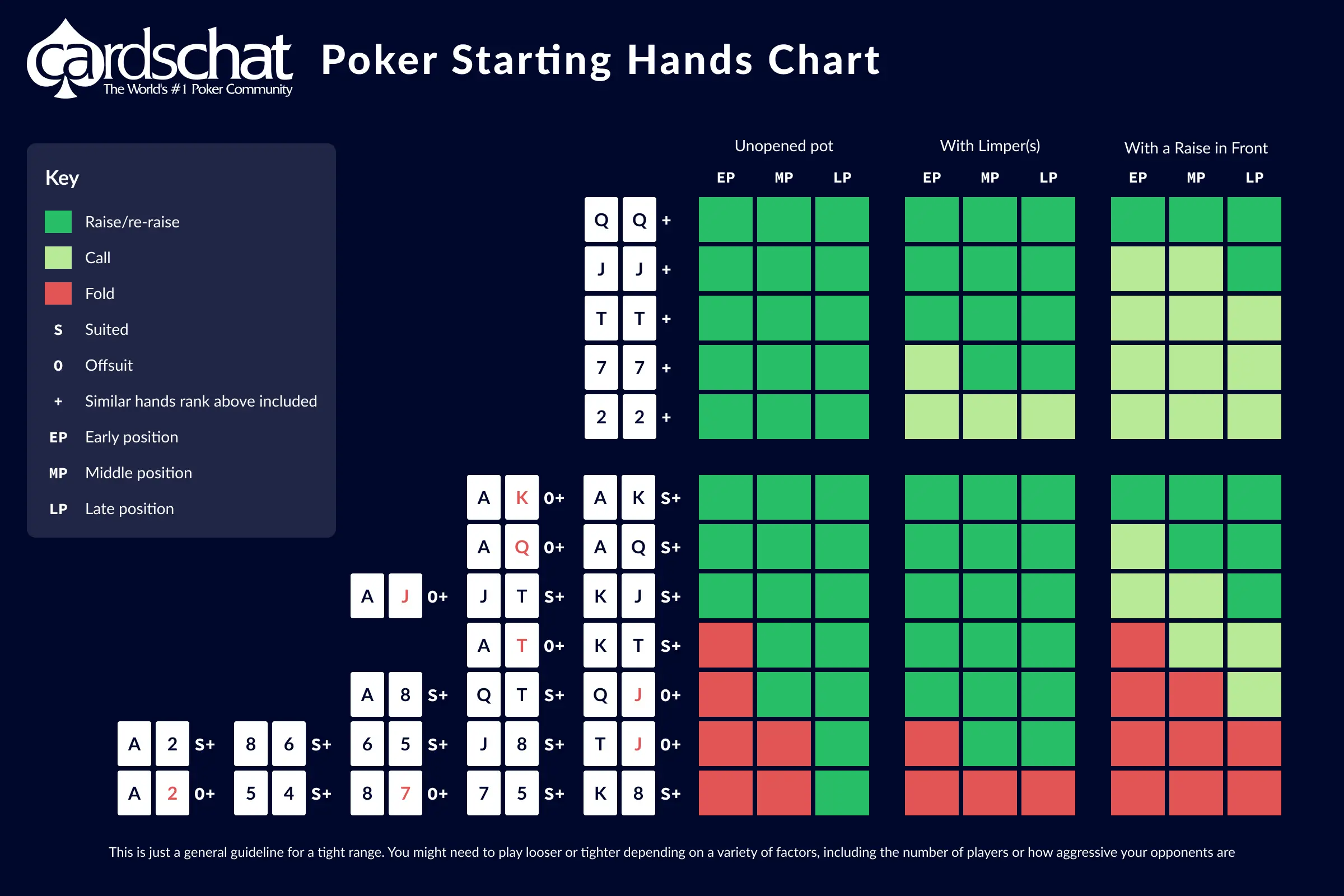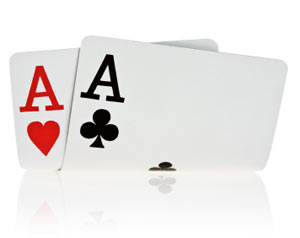
Mastering Starting Hands
Learn the crucial aspects of starting hand selection to enhance your poker prowess.
- Understand hand rankings
- Position-based strategy
- Tips from the pros
- Common pitfalls to avoid
Enhance your poker performance by mastering fundamental strategies and psychological insights. Learn how to effectively analyze opponents, manage tilt, and play with maximum efficiency.
Poker is a game that combines skill, strategy, and psychology. Mastering the fundamentals is essential for improving your win rate and making consistently profitable decisions at the table. Understanding key components, such as starting hand selection, post-flop strategies, and opponent analysis, will significantly enhance your gameplay. Here are crucial poker tips designed to help you navigate the tables effectively.
Poker combines skill, strategy, and psychology. Improving your game hinges on mastering key poker concepts such as starting hand selection, post-flop strategy, reading opponents, and mental discipline.
Selecting the right starting hands is critical. Playing good hands increases your probability of winning, as most profits in poker come from strong pre-flop holdings. Beginners should focus on a solid core of top starting hands like AA, KK, QQ, AK suited, and AJ suited to simplify post-flop decisions and avoid losing money on weak holdings.
Aggressive play with strong starting hands—raising rather than just calling—is essential. It builds the pot when you have an advantage and can force opponents with weaker holdings to fold, increasing your expected value.
Playing too many hands:
Beginners should stick mostly to Group A and higher groups and gradually incorporate marginal hands with experience.
Continuation betting means the pre-flop raiser leads with a bet on the flop, regardless of whether the flop improved their hand. It maintains initiative and often wins the pot outright. Effectiveness depends on board texture: Dry boards (e.g., K-7-2 rainbow) are ideal for continuation bets. Wet boards (e.g., 9-8-7 with two suits) require more caution, as opponents may have draws.
Assess the community cards to determine possible made hands or draws opponents might have. Adjust your strategy accordingly by considering:
Focus on refining your poker skills with a keen understanding of starting hand choices, betting strategies, and key mental tactics to ensure consistent success in games.
Gain insights into recognizing opponent behavior and adjusting strategies accordingly, positioning yourself for maximum advantage.

Tight players fold most hands preflop and only enter the pot with premium holdings, so you can steal blinds more liberally and apply pressure. Loose players play many hands, so you should tighten your range and avoid marginal situations against them. Aggressive players bet and raise frequently, which you can exploit by checking strong hands to trap them. Passive players rarely bet or raise, so you need to build the pot yourself with value hands since they won't do it for you. Adjusting your strategy based on these tendencies significantly improves your results.
Observation is a critical skill that separates elite players from average ones. Pay attention to your opponents' betting patterns, position tendencies, and timing tells. Notice which hands they play from early, middle, and late positions. Track how they react to aggression—do they fold frequently or defend often? Do they bet quickly or slowly? These observations build a profile of each opponent's strategy, allowing you to exploit their weaknesses and avoid their strengths.
Poker's variance can be emotionally challenging, especially when you run bad despite making correct decisions. Tilt—playing poorly due to frustration or anger—destroys bankrolls faster than bad strategy. When you feel emotions rising, take a break from the game. Step away, breathe, and remind yourself that short-term results don't reflect your skill level. Maintaining emotional control allows you to make rational, profitable decisions consistently.
Poker is a game of perpetual improvement. After each session, review your decisions and identify mistakes. Did you play the correct starting hands from each position? Did you make proper reads on opponents? Did you adjust your strategy when needed? Learning from both your wins and losses accelerates your development. Study poker content, discuss hands with other players, and remain intellectually curious about new strategies and approaches.
Effective poker requires mastering multiple dimensions: disciplined starting hand selection, sound post-flop strategy, accurate opponent reading, and emotional control. Begin by playing tight, premium hands from early position and gradually expand your range from late position. Focus on making +EV (positive expected value) decisions rather than chasing short-term results. By implementing these poker tips—selecting strong starting hands, playing aggressively when appropriate, reading opponents carefully, and maintaining mental discipline—you'll improve your win rate and enjoy greater success at the table. Implement these strategies in your next game and commit to continuous learning for sustained improvement.
We are proud to be associated with top poker industry icons and organizations that enhance the game's integrity and player experience.


Learn the crucial aspects of starting hand selection to enhance your poker prowess.

Advanced strategies and insights from the pros to take your game to the next level.
Catch up with the latest events and top plays from the recent World Poker Tour stages.
Explore the newest trends and technological advancements revolutionizing online poker.
Learn from top strategy coaches as they delve into the evolving landscape of poker strategies.